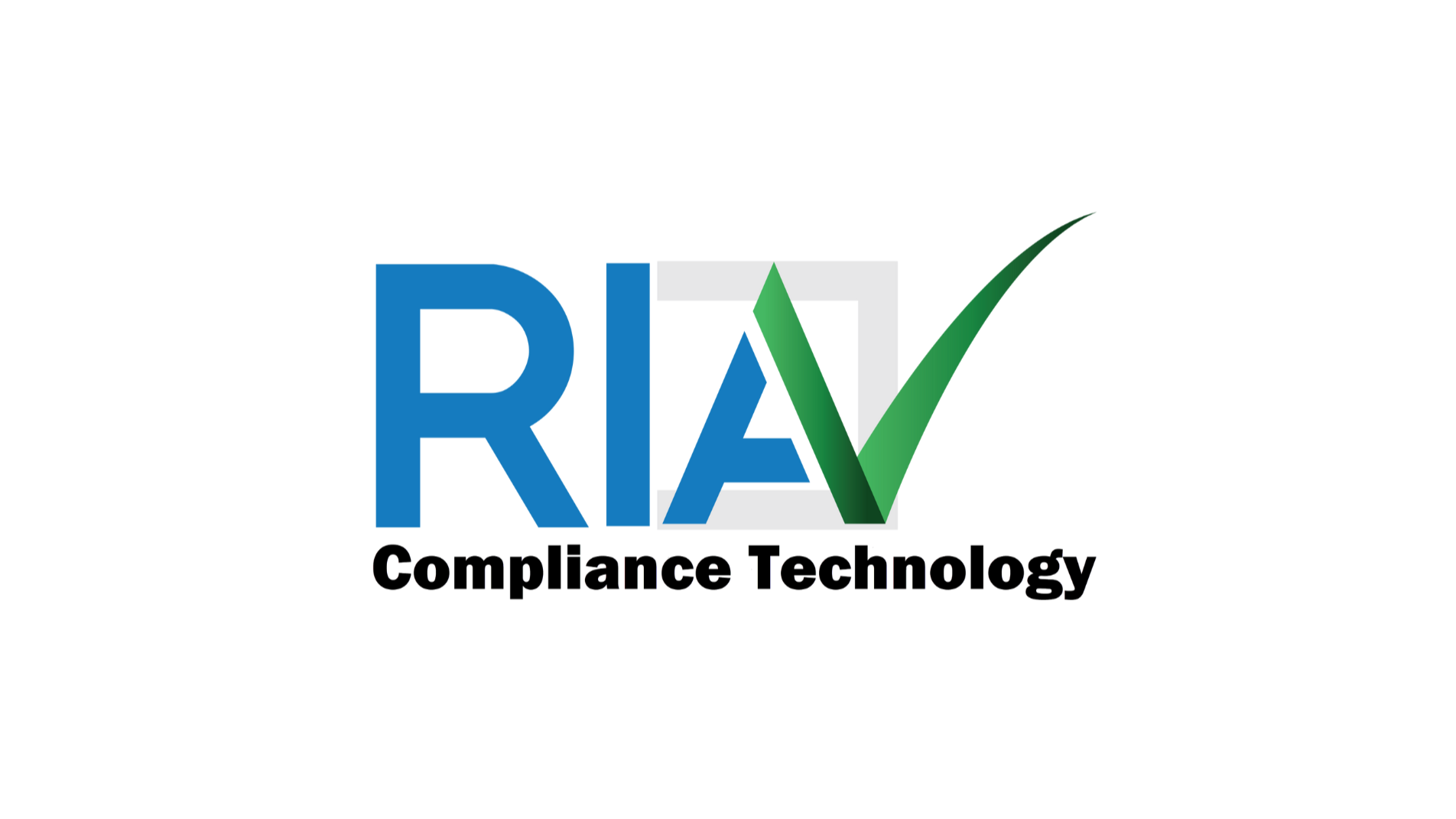Investors are now paying premium prices for RIA firms with sophisticated systems that reduce regulatory risks and create scalable operations ready for growth. Find out how your organization can significantly improve its valuation through compliance automation systems.

In today's booming RIA acquisition market, savvy firm owners are finding that compliance automation is not just about regulatory protection; it is a hidden valuation multiplier. As RIA transactions continue to accelerate, with 492 deals reported between 2020 and 2023 (up from just 146 in the previous three-year period), buyers are increasingly willing to pay premium prices for firms with sophisticated compliance infrastructure.
"Compliance automation has become a critical solution that transforms compliance from a burdensome cost center into a strategic value driver," states RIA Compliance Technology, a software firm at the forefront of compliance solutions for US RIAs. "By implementing compliance automation systems, firms show potential buyers they have minimized regulatory risk while creating scalable, efficient operations ready for growth."
The RIA market has seen remarkable valuation growth in recent years. According to industry data, median EBITDA multiples have jumped from 7x to 9x between January 2020 and March 2023. This significant increase reflects the growing competition among buyers for quality RIA firms.
Buyers are not simply acquiring any available RIA firm; they are specifically targeting those with characteristics that support sustainable growth and profitability. Firms commanding premium valuations typically demonstrate:
Increasingly, sophisticated compliance infrastructure has joined this list of premium valuation drivers, as buyers recognize its role in both risk reduction and operational efficiency.
Just as certain attributes drive valuations higher, specific red flags can dramatically decrease a firm's value in the eyes of potential buyers. The most common valuation detractors include:
Buyers consistently discount firms with these characteristics, often reducing offers by multiple EBITDA turns or walking away entirely. Among these factors, compliance deficiencies represent one of the most immediately addressable valuation detractors through proper technology implementation.
During potential acquisitions, buyers conduct thorough due diligence to identify regulatory risks that could result in future liabilities. This typically includes reviewing:
Firms with solid, automated compliance systems can quickly produce comprehensive documentation demonstrating adherence to regulatory requirements across all these areas. This transparency significantly reduces perceived risk, supporting higher valuations.
In contrast, firms relying on manual processes often struggle to produce complete documentation during the due diligence process. This raises serious concerns that can derail deals or necessitate extensive escrow arrangements to protect buyers from potential regulatory liabilities.
Even when compliance gaps don't kill deals outright, they typically result in significant valuation discounts. Buyers apply these discounts to offset several costs associated with regulatory uncertainty:
By implementing comprehensive compliance automation before entering the sale process, firms can eliminate these uncertainty discounts and maximize valuation. The investment in proper compliance infrastructure typically yields returns many times the implementation cost through enhanced acquisition prices.
Beyond risk reduction, sophisticated compliance automation delivers significant operational efficiencies that directly enhance profitability and valuation. Manual compliance processes typically consume substantial staff time across the organization.
Consider the actual time spent: advisors often dedicate 5-10 hours monthly on attestations and disclosures, operations teams manually track hundreds of client communications, and compliance officers can spend up to 30% of their time on document reviews that could be automated. Meanwhile, leadership gets diverted to address regulatory issues rather than focusing on growth strategies.
A sophisticated compliance automation system significantly reduces an RIA firm's exposure to regulatory penalties and enforcement actions. By implementing systematic compliance checks, automated audit trails, and proactive monitoring, firms demonstrate to potential buyers that regulatory risks are well managed.
For buyers, acquiring a firm with demonstrated compliance excellence means fewer post-acquisition resources dedicated to remediation and lower ongoing compliance costs, benefits they are willing to pay a premium to secure.
One of the most compelling aspects of compliance automation from a valuation perspective is the scalability it provides. This scalability convinces buyers that the firm can grow efficiently post-acquisition, a key factor in justifying higher EBITDA multiples. Firms with advanced compliance automation can demonstrate that their compliance costs remain relatively fixed even as revenue increases, creating an operating advantage that drives valuation.
The evolution of compliance technology has transformed what was once viewed purely as a cost center into a strategic asset that directly enhances firm valuation. By implementing comprehensive compliance automation, RIA firms accomplish this transformation in multiple dimensions simultaneously.
RIA Compliance Technology explains that solutions like the ones it develops enable firms to handle the complex regulatory requirements demanded of them while simultaneously enhancing their valuation and attractiveness to potential acquirers.
"As the RIA acquisition market continues its record pace, firms that invest in comprehensive compliance technology position themselves as premium acquisition targets, commanding top-of-market valuations and attracting the highest quality buyers," it adds.
